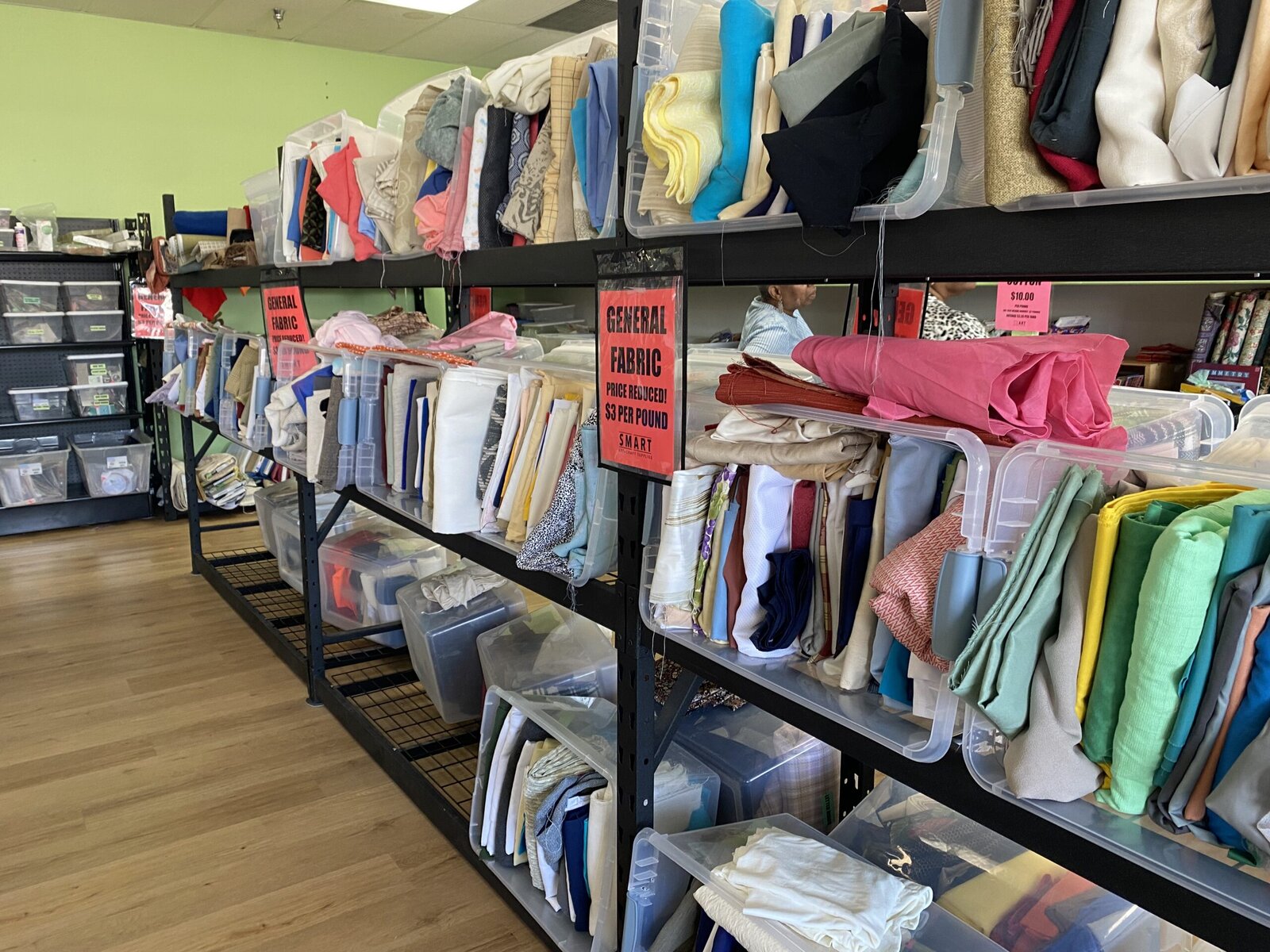Gold standard
Call it real-life alchemy: a clever partnership has found a way to extract gold from former mines while simultaneously rehabilitating the riverbeds they’ve long polluted.
In British Columbia, Yukon and Alaska, “place mining” is a common method of mining for gold in riverbed valleys — and a process that often pollutes the water running through them. Now, an NGO called Resolve has partnered with gold-buying companies like Tiffany and Apple (which uses trace amounts of gold in its devices) to pay place miners to help restore the riverbeds they’ve been dredging. The miners get to keep whatever gold they find in the process. Those miners then sell that gold to the companies involved, which get bragging rights for using a sustainably mined product, which is marketed under the trademarked name “Salmon Gold.”

After all is said and done, the rehabilitated sites are closed to mining for good. “To have long-term impact you need to take the land out of circulation,” one habitat analyst told Hakai. So far, the initiative has funded five restoration projects, with ten more slated for this year. “Salmon Gold is an imaginative approach to a long-running and complex problem,” said the analyst. “It’s not a magic bullet, but I expect it is part of the solution.”
Correcting parole
For many formerly incarcerated people, life on parole means the constant threat of being sent back to prison for minor infractions like a missed appointment or a failed drug test. A new school of thought aims to change that: it’s called Swift, Certain and Fair, and it’s being adopted by states across the U.S. to actively help people on parole avoid recidivism.
Weighed down by negative news?
Our smart, bright, weekly newsletter is the uplift you’ve been looking for.The need is great — about one-third of people on probation or parole end up violating the terms of their release. In New Jersey, a pilot version of the program was implemented in 2019. It focused specifically on keeping its clients from using drugs, which could quickly get them sent back to prison. Fifty parolees were given ongoing assistance from a social worker and a peer recovery specialist, who met weekly with their parole officers to keep track of how the clients were doing. If it seemed like they were in danger of violating the terms of their parole, the team could step in. And if the client did use drugs, they were guided to a treatment program rather than locked up.
“Clients really did reach out to us,” said the social worker. The initiative seems to be working: 22 of the clients have successfully completed their programs, while only six have returned to prison. The rest are still on parole.
Read more at the New York Times
Home improvement
The pandemic has been a trial by fire for at-home medical care, as crowded hospitals have been forced to move stabilized patients out to make room for new ones. Now, Kaiser Health News looks at how that turned out, and finds that a growing number of health systems, emboldened by the success of treating Covid patients at home, have begun offering home-based “hospital-level treatment” for more serious medical issues.
The shift has been enabled by new federal Covid-era policies aimed at freeing up hospital beds during public health emergencies. Under the new regulations, conditions that once required in-patient hospital care, like pneumonia and heart failure, can now be treated in the patient’s home as long as it’s deemed to be safe by medical professionals.
The providers are quick to insist that at-home care doesn’t mean “second rate,” an assertion echoed by many experts. “This is actually a higher level of touch from physicians and advanced practitioners,” said one health policy expert. And studies show that at-home care often leads to better patient outcomes. But health systems haven’t been able to provide it — until now. “We stay with the patient until they’re fully recovered, and that averages anywhere from 20 to 30 days, sometimes longer,” said one provider. “So we substitute not just for the hospital, but for all the care that follows.”
Read more at Kaiser Health News










